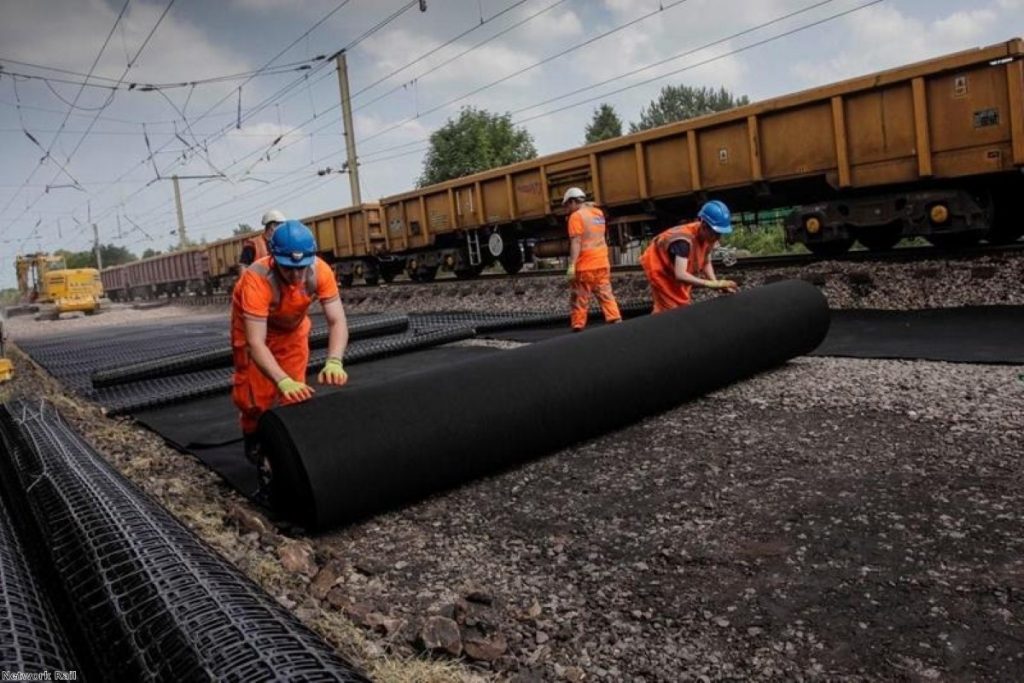Massive HS2 bill expected to spark flurry of public protest
The government was braced for up 25,000 petitions against HS2 today, as it published the bill for phase one of the London-Birmingham line.
The hybrid bill is the largest the UK has ever seen, totalling tens of thousands of pages.
It effectively lays out the planning application for the scheme, giving the government the powers to construct and operate the railway.
But it also allows those affected to petition parliament for and against the proposals and have their case heard by a committee of MPs.


In an effort to head off opposition from local communities, the paper contains plans to minimise environmental disruption.
Around 23% of the line between London and the West Midlands will be in tunnels and around 32% lowered into the ground with cuttings.
'Landscaped earthworks' and at least two million trees will help to screen the railway, reduce the impacts of train noise and integrate the line into the landscape.
Much of the earth removed during the construction will be used to create the earthworks, reducing the amount of earth that would have to be otherwise transported.
The trains will be fitted with Japanese technology to help reduce noise, including by using wheel fairings and eliminating the gap between train carriages.
The bill comes amid signs of Labour starting to fall in line with the project, after an Ed Balls speech at the party's autumn conference saw the shadow chancellor hint at a U-turn.
It appears that Ed Miliband's office, which is considered to be more supportive of HS2, has won the argument, and current Labour rhetoric is noticeably more supportive.
"Labour supports HS2 because we must address the capacity problems that mean thousands of commuters face cramped, miserable journeys into Birmingham, Manchester, Leeds and London," Mary Creagh, Labour shadow transport secretary, said.
"However, three years of government delays and mismanagement has caused costs to balloon.
"Our message to David Cameron is clear. Get a grip on this project, get control of the budget and get it back on track."
The bill was published with supportive comments from a wide range of political figures, including the director general of the British Chambers of Commerce (BCC) and the general secretary of the TUC, in a bid to bolster support amid a largely negative public debate.
An expected backbench Tory rebellion over the plans faded away last month after just 18 MPs voted against it, although the parliamentary test for the bill published today will be more significant.
If the bill passes, construction of the line is expected to start in 2016/17 with the London-Birmingham section of the line set to open in 2026.









